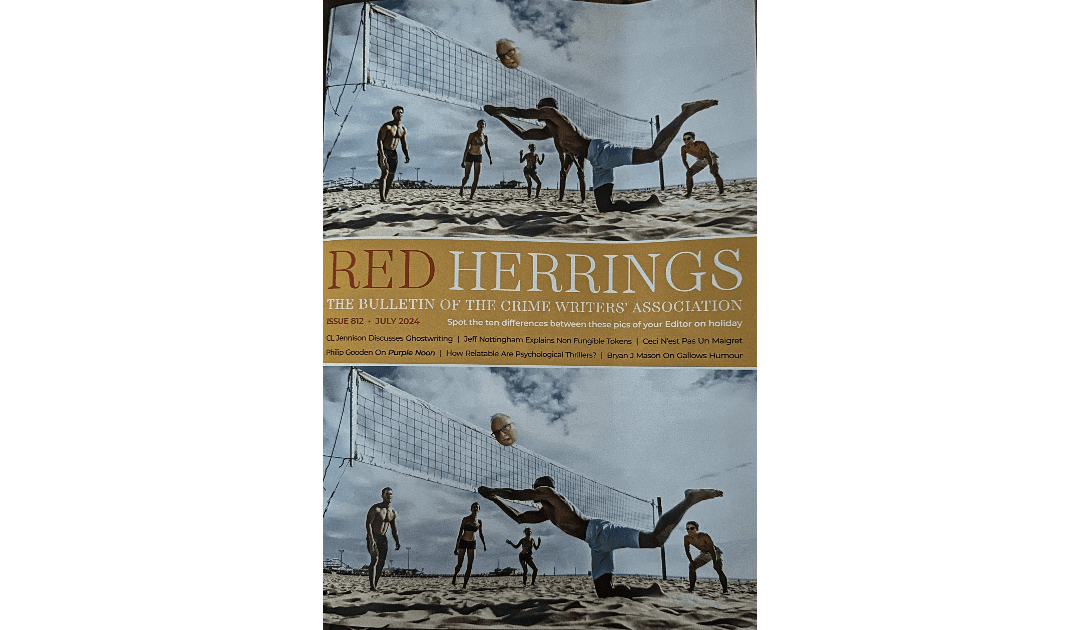The article that caught my attention in this month’s Red Herrings, the bulletin of the Crime Writers’ Association, is by Bryan J Mason. He was on a historical fiction panel at CrimeFest this year and was asked about the level of accuracy needed to depict the past. He says that all his fellow authors agreed that extensive research was essential for the story to sound genuine, but that their main job was to write entertaining fiction.
As I’m sitting on the historical fiction panel at the Dartmouth Book Festival in September, it’s useful to think about the sort of questions that might be asked. I completely agree that extensive research is fundamental to accuracy and authenticity. My work in progress, The Favourite Murder, has involved reading four lengthy biographies to get inside my main characters, their motivations, and their environment. I think entertaining the reader requires transporting the reader into the historical setting and translating the historical language and situations for them. Even if I could write in Elizabethan English, I doubt many readers would understand it.
I constantly strive for historical accuracy, yet I’m attracted to discoveries in my research that challenge my preconceptions. The invention of the rifle and microscope fitted that category, so I couldn’t help bringing them into my novels earlier than I would previously have expected. I take pains to cite the inventors, so that readers have the opportunity to verify the history for themselves. However a few reviews have suggested that some readers prefer their preconceptions. Accuracy perhaps, like beauty, is in the mind of the beholder. C’est la vie!
As my protagonists go about their daily lives and adventures, I worry about whether they will be drinking from a wooden goblet, glass, or pewter tankard? Will they be eating from a wooden, tin, or china plate, and when did the fork become widely used? But what doesn’t change is the essence of being human. I try to highlight some aspect of being human in each book. Fire and Earth explores the conflict between faith and reason. The Suggested Assassin is about misogyny, and Called to Account concerns racism. The Favourite Murder is about the parent child relationship. Marie de Medici and her eldest, but not her favourite son, Louis XIII, had a turbulent relationship, to say the least.

